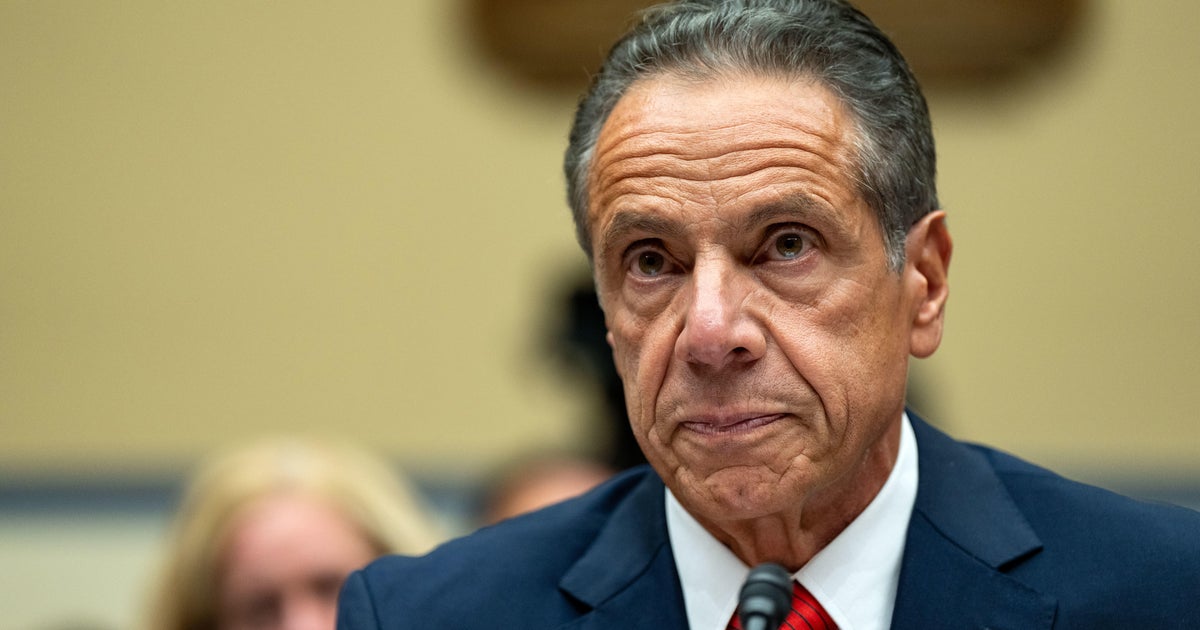Environmental groups putting pressure on Gov. Kathy Hochul to sign Birds and Bees Protection Act
LONG ISLAND -- Corn, wheat, and soybean seeds, pre-treated with pesticides, may be a thing of the past in New York state.
Environmental groups told CBS New York on Tuesday they are putting pressure on the governor to sign legislation targeting the protection of birds and bees.
Bees are the pollinators of our world. Without them, it wouldn't be long before our ecosystem collapses.
But 45% of colonies are dying off. Experts blame it on drought, disease and pesticides.
"We are working very hard to create a buzz about this bill. We worked on it for five years. Gov. Hochul, we need you to sign the Birds and Bees Protection Act," said Adrienne Esposito of the Citizens Campaign for the Environment.
READ MORE: 17-year-old Kaitlyn Culbert of Toms River, N.J., honored for protecting honey bees
If signed into law, advocates say the act would ban the use of toxic pesticides called neonics, which are used to treat corn, wheat, and soybean seeds, as well as ornamental uses on golf courses, lawns, and gardens.
"Rachel Carson wrote this fabulous book called 'Silent Spring.' It was impossible for her to get DDT removed and she did it because she was persistent," said Joy Flynn, chairperson of Garden Clubs of America Conservation. "We can do something about it. Each individual can do something about it."
"Neonics being perhaps the most ecologically destructive pesticides we've seen since DDT," said Dan Raichel of the Natural Resources Defense Council.
However, the New York Farm Bureau has told the governor that legislating science is not a good idea.
"Ultimately, New York Farm Bureau believes she should not sign the legislation, that it should be vetoed because the state currently has authority to review any and all pesticides that enter the market here in New York state," said Steve Ammerman of New York Farm Bureau Albany.
FLASHBACK: Congregation of nuns on Long Island on sacred mission to save the planet
The golf course industry agrees, saying it fights pests, like the white grub, responsibly.
Multiple golf course superintendents call the legislation "overzealous," claiming they've developed best management practices with the Department of Environmental Conservation and the Environmental Protection Agency.
"We can't kill our bees and diminish our food supply and pollute our drinking water so that we can play golf!" Esposito said.
The governor has said she is now reviewing the Birds and Bees Protection Act.
The act was passed by both houses in Albany. The governor has seven weeks to decide whether or not to sign it.




